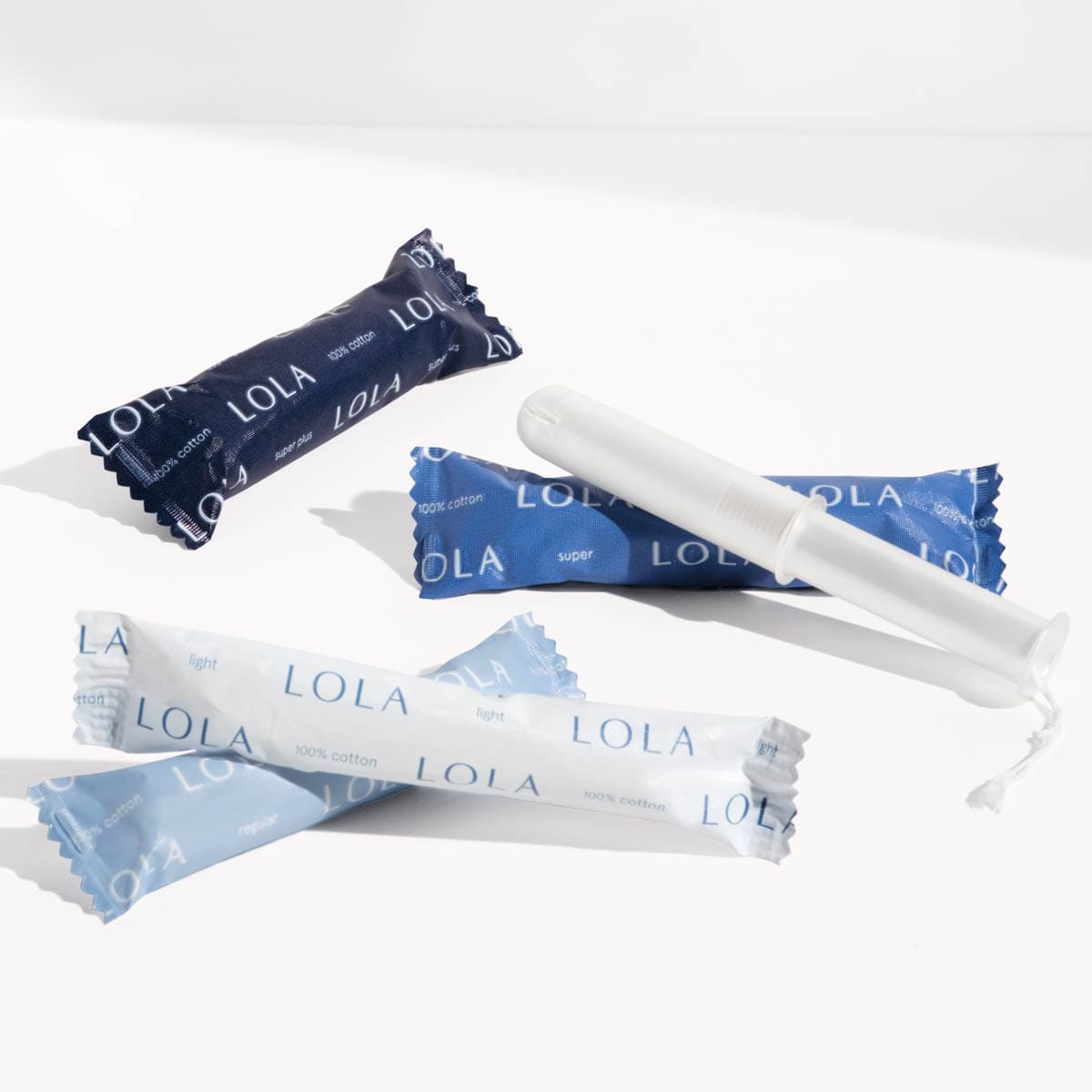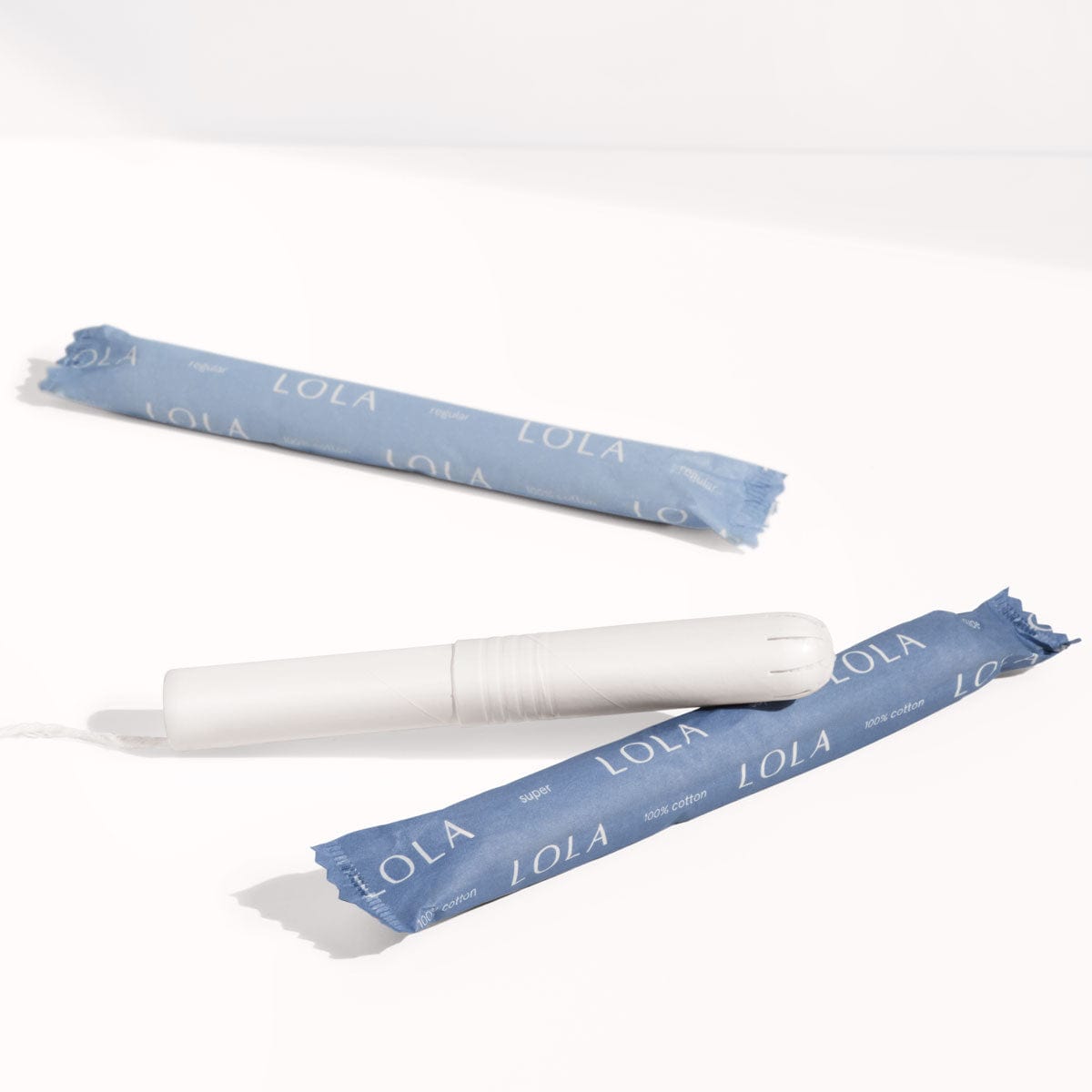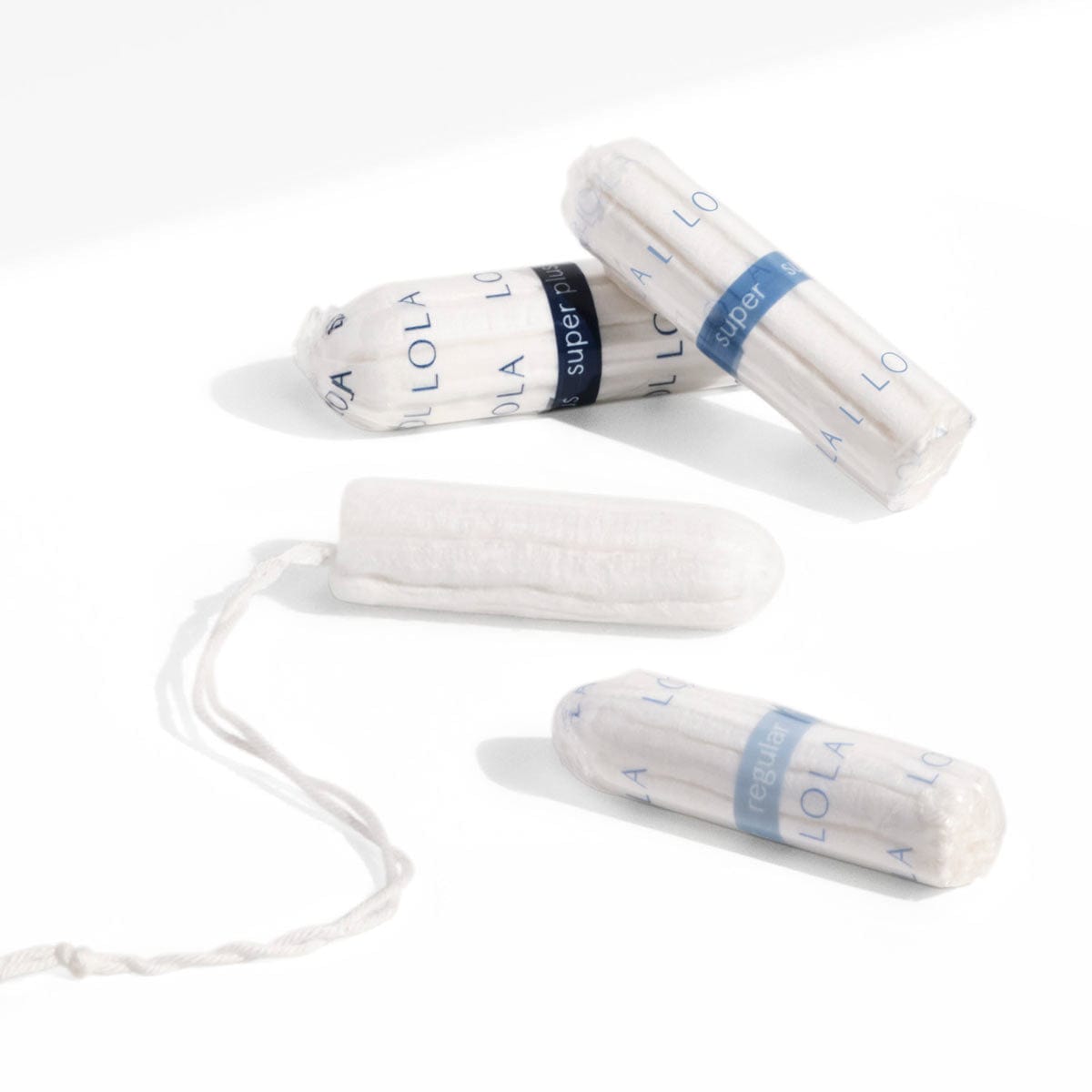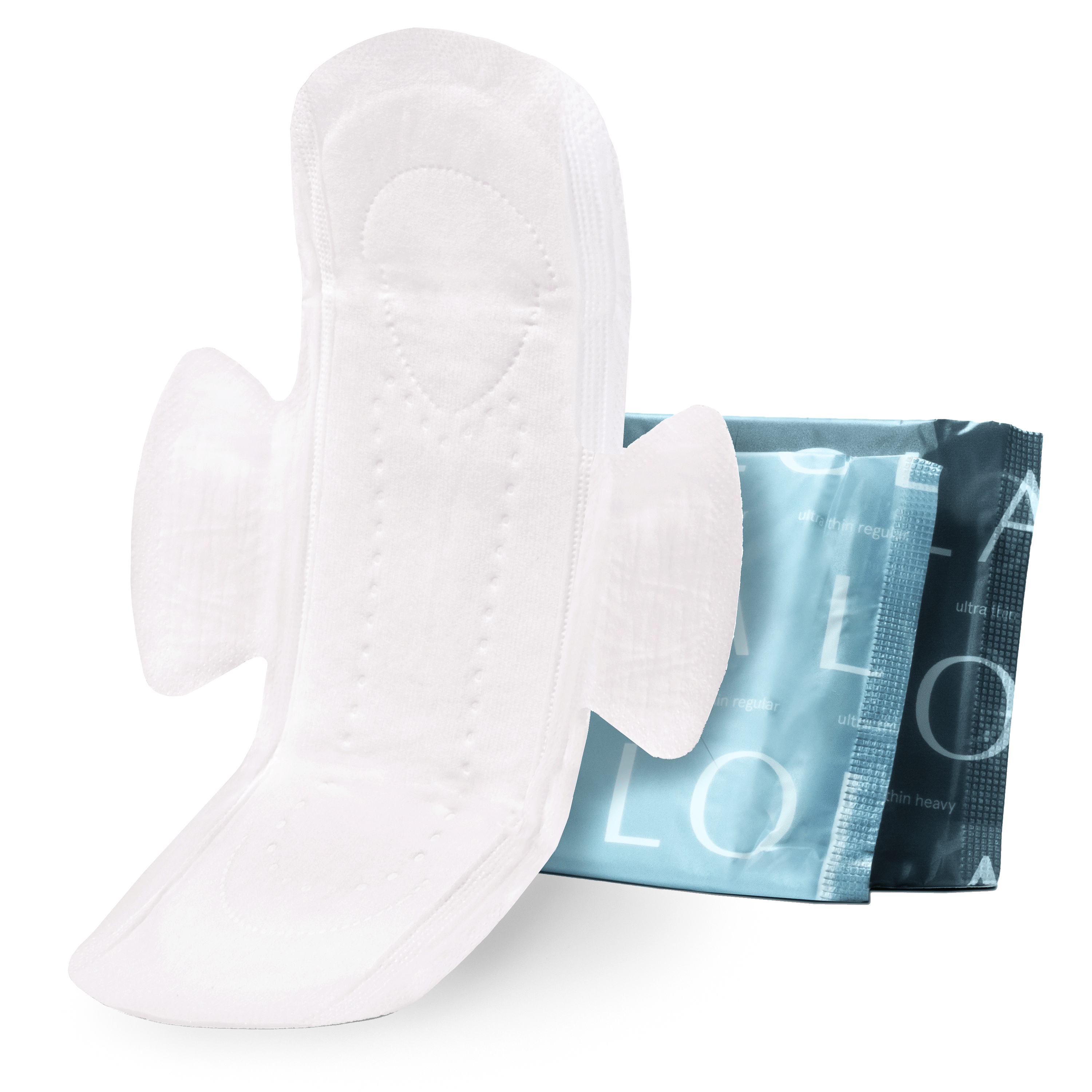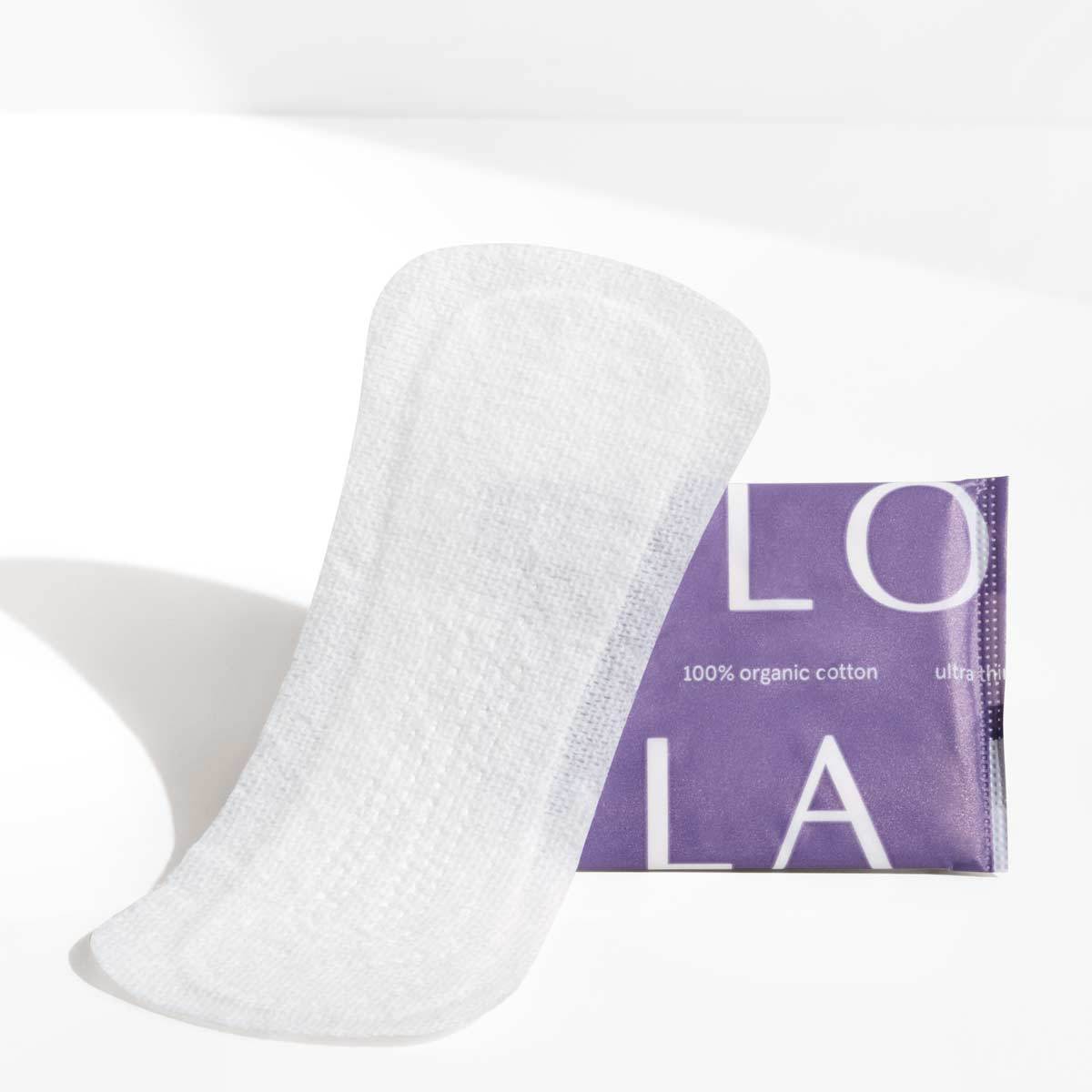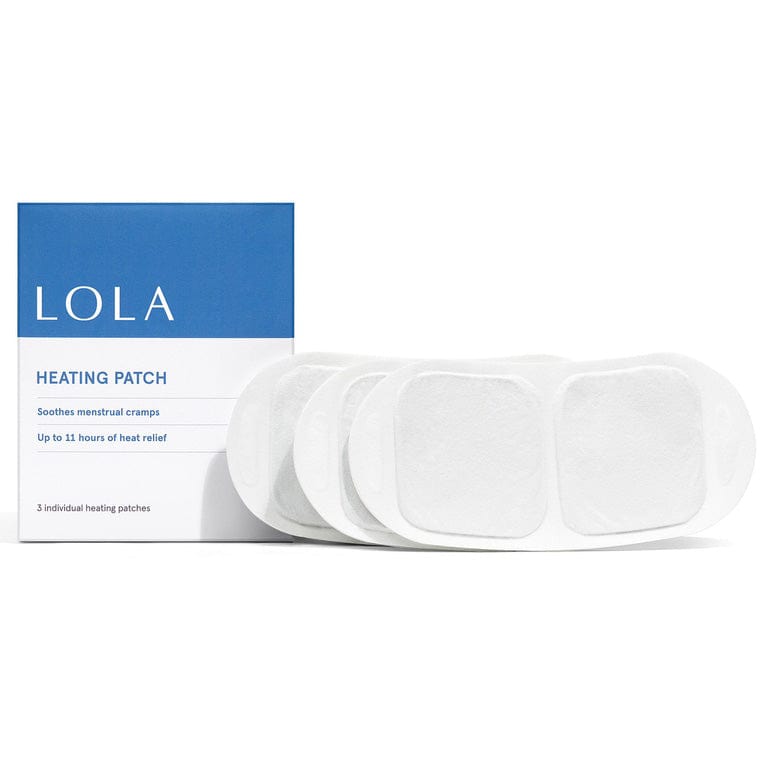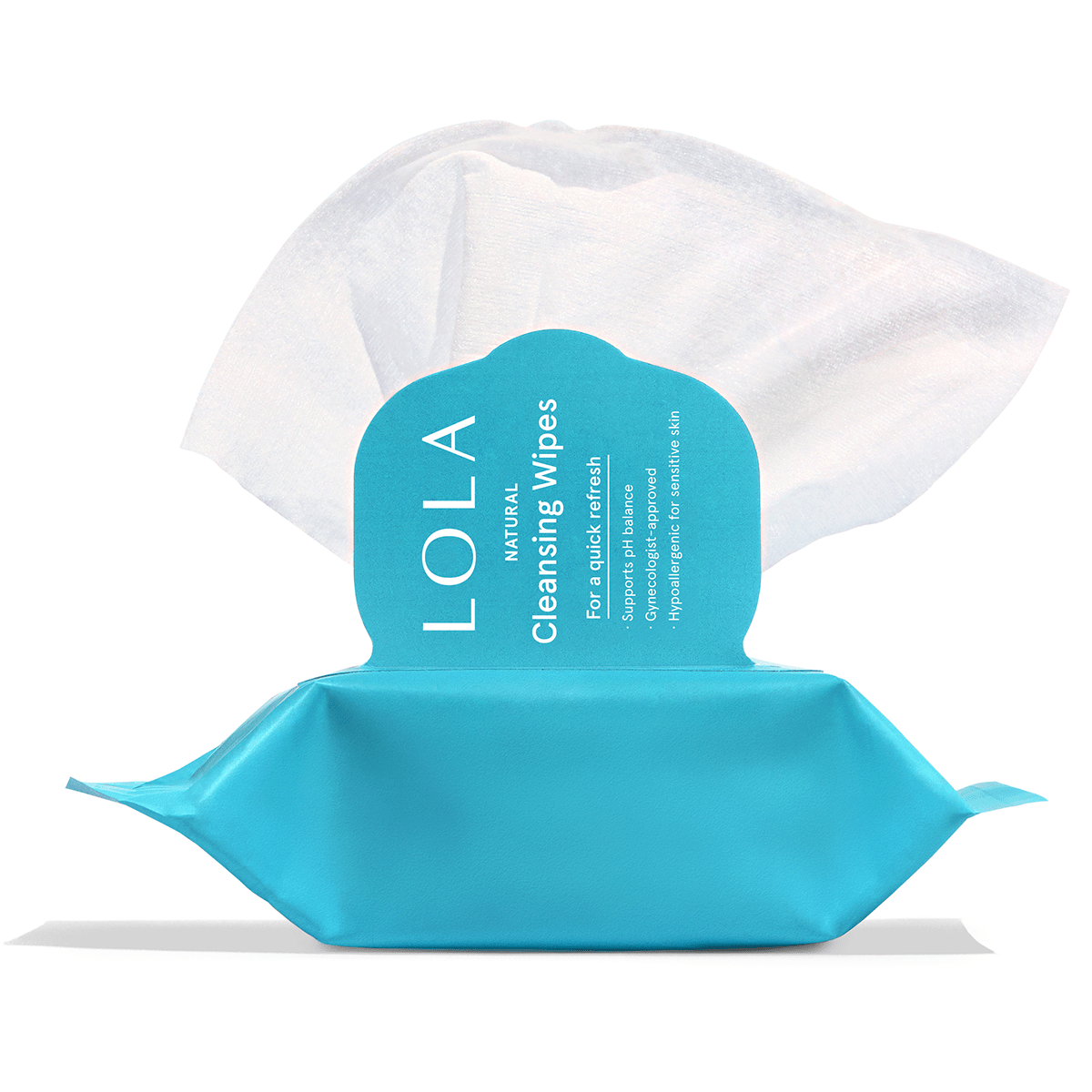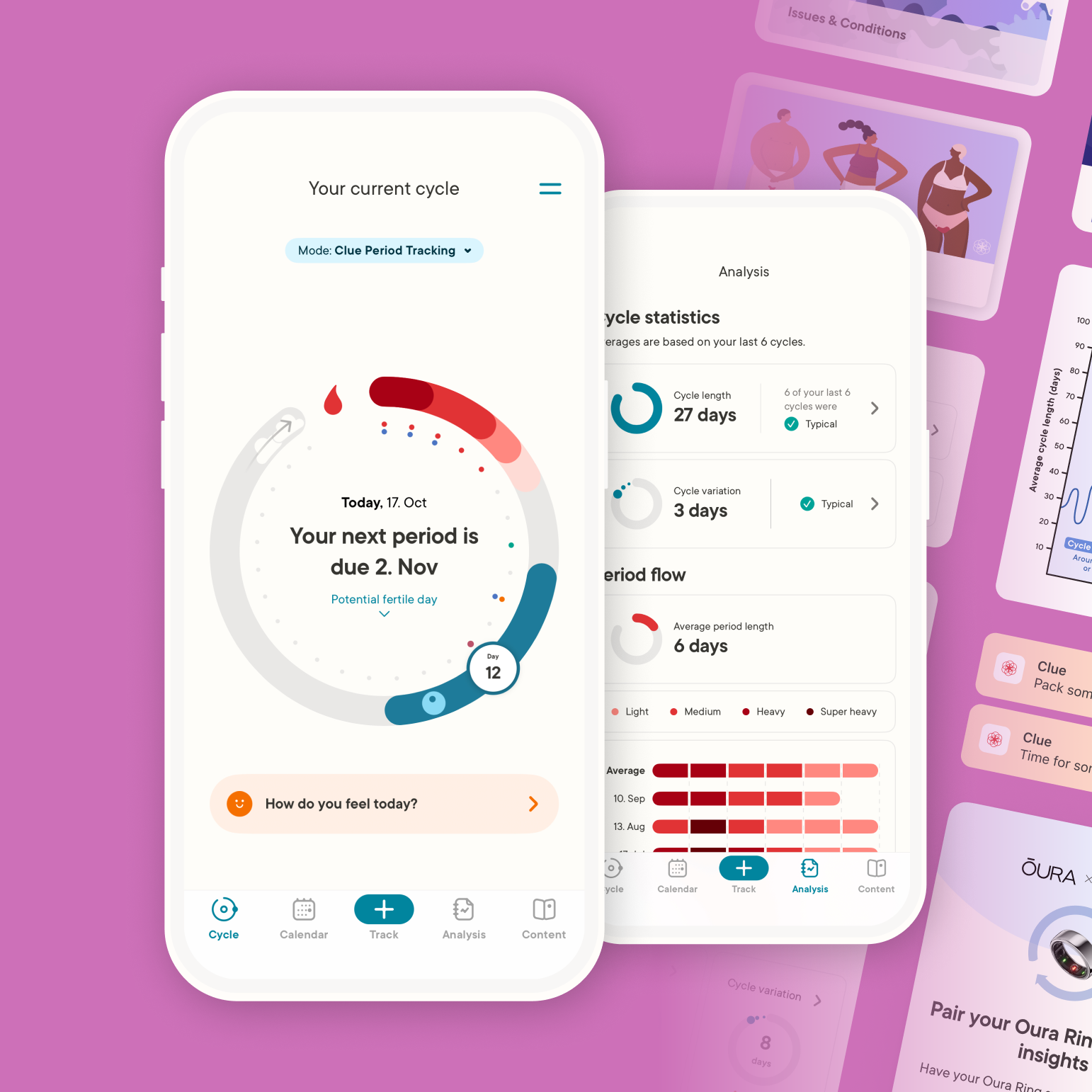We know our own vaginas so well. And yet, our personal experiences with our own vaginas can sometimes leave us wondering if certain post-sex symptoms, like vaginal soreness and irritation, are or aren’t normal. Spoiler alert: they are!
Vaginal irritation after sex can easily be triggered by factors like dryness, external irritants, and infections. It’s important to address these issues for sexual health and comfort, particularly if the irritation requires medical attention and/or treatment.
Learn the primary causes of vaginal irritation after sex, including possible treatment options below.
Is it normal to be irritated down there after sex?
Mild vaginal soreness and irritation after sex (and even masturbation, for that matter) is normal. In most cases, it’s either due to dry vulvar skin, friction caused due to sex, or your private parts reacting negatively to the condoms, lube, or spermicides used. But, if you experience severe itchiness, it’s most likely an indication of an infection or an STD and requires medical attention.
How long does post-sex vaginal irritation last?
A sore vagina after sex is rarely an emergency and is often temporary. Vaginal soreness typically lasts from a few hours to, at most, a day after sex and goes away on its own. But, if the irritation doesn’t subside even after a few days, it’s a sign that you should consult your doctor.
Common Causes of Vaginal Irritation After Sex
Vaginal irritation can occur for a number of reasons beyond just post-sex discomfort, including dryness, allergic reactions, and even infections. Know the common causes for your overall comfort and well-being, pre and post-sex.
Knowing the differences between regular post-sex discomfort and significant irritation can:
-
Validate that you don’t have to power through untreated discomfort just because you're “super sensitive.”
-
Affirm your health intellect regarding bodily changes to bring to your doctor’s attention.
1. Dryness
Our vaginas are meant to be moist. During sexual arousal, vaginas can produce their own natural lubrication. According to Dr. Celeste A. Green, an OB-GYN at Baylor College of Medicine, however, if enough natural lubrication is not produced, vaginal dryness makes intercourse uncomfortable, and can lead to discomfort and irritation after sex. On top of itchiness and irritation, you may also experience redness and soreness.
You may also experience vaginal dryness, particularly if you’re not “in the mood” during sex, if you’re on birth control, or if you’re menopausal or pregnant (which depletes your estrogen levels, leading to dryness).
2. Latex allergy
It's possible you have a latex allergy if you use latex condoms with your partner and are experiencing itchiness. Dr. Maria Sophocles, OB-GYN and medical director of Women's Healthcare of Princeton, says itching, redness, hives, bumps, or a rash in the vaginal region can all occur due to a latex allergy..
3. Semen allergy
Although rare, it’s also possible to have an allergic reaction to your partner’s bodily fluids during sexual intercourse. For example, there are proteins naturally present in sperm that can trigger symptoms. In addition to itchiness in all the parts of your body that came in contact with the semen, you’ll also experience redness, swelling, and/or burning.
4. Sexually transmitted infections (STIs)
Sexually transmitted infections (STIs), also known as sexually transmitted diseases (STDs) are infections that get passed from one person to another during sex. Some examples are chlamydia, genital herpes, warts, and gonorrhea. If left untreated, these STDs can lead to lots of issues, such as increasing your chance of infertility and cervical cancer. If you contract an STI when you’re pregnant, you can even unknowingly pass it on to your baby.
5. pH imbalance and vaginal infections
Our vagina has a pH between 3.5 and 4.5–one that should be strictly maintained within this range. When the pH gets thrown off balance, it causes an overgrowth of bacteria in your nether regions, leading to infections. Vaginal infections like bacterial vaginosis (BV), urinary tract infections (UTIs), and yeast infections can also cause a lot of itching, in addition to painful sex, painful or burning sensation while peeing, discolored vaginal discharge, a fishy odor “down there,” unusual vaginal discharge pain, and spotting between periods.
6. Medical conditions
Post-sex discomfort can also occur due to underlying medical conditions, such as endometriosis, inflammation of your bladder, vaginismus, prolapsed bladder, or ovarian cysts. If you’ve recently given birth, check with your doctor to see if you sustained a vaginal or perineal tear, as these can also cause irritation and pain during and after sex.
7. Past trauma
People who have experienced sexual abuse in the past may still associate the act with trauma. This can make it hard for the mind to relax, causing tension and an involuntary tightness of your vagina, leading to pain.
Some people with a vagina may also experience anxiety after having painful sexual penetration, preventing them from experiencing sexual pleasure or being able to relax during intercourse. Sex therapy may help them overcome and manage their anxiety.
How to Prevent Vaginal Irritation
When you’re physically, mentally, and/or emotionally overwhelmed, getting and staying in the mood can feel like a stressful job. Taking prevention measures can help make sex more enjoyable and give you a greater sense of control over your mood and how it impacts your lifestyle.
1. Use a lubricant during sex
One way to help keep moisture up is by using a generous amount of lubricant when you're having sex to prevent dryness-related irritation during and after. If you're using condoms, water or silicon-based lubes are ideal to help reduce the risk of possible damage or breakage to the condom.
Furthermore, did you know there are some medications, like birth control and antidepressants, and diseases, like diabetes, that increase vaginal dryness? If your vaginal dryness does not respond to lube, please talk to your doctor about your symptoms.
2. Use a hydrocortisone cream for allergies
Applying an over-the-counter hydrocortisone cream to the external area or taking an oral antihistamine can reduce itching. If you have a latex allergy, try condoms made from other sources to reduce irritation.
3. Address symptoms of infection
Prolonged symptoms and severe discomfort indicate when vaginal irritation may require professional medical attention. Mild itching after sex that only lasts a couple of days is usually not serious. If your symptoms persist or are severe, see a healthcare provider. You may have an allergy, infection, or STD that requires testing and treatment.
Based on the type of infection, treatment options can include anti-fungal medication, herpes tablets, probiotic supplements, antibiotics, and more. Speak to your healthcare provider to find the right option for you.
What Helps Irritation After Sex?
Don’t assume your symptoms will disappear or get better without help. The good news if you’re experiencing vaginal irritation after sex is there are plenty of home remedies to help bring you comfort.
At-home remedies
Most vaginal irritation after sex can be resolved with a combination of at-home remedies. Take your time during trial and error to find what works best for you. Your health and wellness is the priority, so be patient with yourself. Some months, different remedies may work better than others, depending on your lifestyle, changing hormone levels, diet, partner, and more.
-
Colloidal oatmeal baths: Colloidal oatmeal (which is just normal oatmeal ground to a fine powder) has great anti-inflammatory properties and moisturizes your skin, making it an excellent choice for soothing your vaginal soreness. Simply dissolve the powder in your bath and soak in it for 20 minutes.
-
Keep your private parts clean, and do not douche. Instead, opt for products that are safe for sensitive skin, and try external cleansers like our Cleansing Wash or Cleansing Wipes to stay fresh and not disrupt your vagina's natural balance. The vagina is self-cleaning, so there’s no need to “wash it out,” even after sex.
-
Aloe vera cream: Aloe vera is known for its anti-inflammatory properties and can be safely applied over your vulva or inside your vagina to reduce itching.
-
Cotton underwear: Cotton is more breathable than other synthetic fabrics, so if your discomfort is caused by an infection, wearing cotton underwear can help during your healing process.
Avoid sex, especially vigorous sex, until your symptoms are gone. This will help reduce pain in your sore vagina and reduce irritation in your vaginal opening and vaginal tissues. Also, avoid latex condoms until you know whether you are or are not allergic to them.
Medical treatment
Depending on the cause of your vaginal soreness, there are various medical treatments available.
-
Antibiotics for bacterial infections
-
Antifungal creams for yeast infections
-
Estrogen creams for hormone-related dryness
-
Lube to reduce friction and keep things slipping and sliding
-
Pelvic floor therapy for conditions such as a prolapsed bladder
If the itchiness is persistent and accompanied by other symptoms and you think it could be an infection, see your doctor for a diagnosis and treatment. Even if you get your symptoms to be more mild, and have tried a combination of home remedies and over the counter treatments, you should still see a doctor to be evaluated and review your symptoms and attempted remedies. This will help your doctor start a timeline of events to build from as you begin to receive expert medical help and treatment.
Lastly, plan to see your PCP/OBGYN regularly. Preventive care appointments (including your annual check-up and well visit) are the perfect time to talk to your doctor about your vaginal health according to Dr. Navya Mysore, a primary care physician, women's health specialist and LOLA expert. Remember, sexual penetration should never be painful, and even if you experience post-sexual vaginal irritation, it should be mild and go away quickly.
When to Seek Medical Help for Vaginal Irritation
Regardless of the cause of your itchiness, make sure to wait until your vagina is healed up before having sex again to avoid even further irritation. Other underlying causes like weakened pelvic floor muscles, perimenopause, or menopause may be the issue and require PT or a vaginal estrogen cream.
How do I know if I have an STI?
You can get a sexually transmitted infection (STI) from oral, anal, or vaginal sex. Some STIs have symptoms, but many have no symptoms at all. You can protect yourself from STIs by abstaining, getting vaccinated, practicing mutual monogamy, reducing your number of sex partners and using condoms.
Used correctly, condoms are very effective at preventing most STIs (including HIV) and pregnancy. Internal condoms, also known as female condoms, can also reduce the risk of STIs and prevent pregnancy.
All said, the only way to really be sure that you don't have an STI is to get tested. You can get tested at the local health department or your private physician. Untreated STIs can cause serious health problems, but most STIs are easily treated. It's no fun if we all get one, so get tested!
Still have questions?
Vaginal irritation after sex poses a lot of pain and ponder. People also ask “Is it normal to be irritated down there after sex?” and “How long does post sex irritation last?”, and we get it. You want specifics, but the tricky part is that the answers to these questions are unique for each puzzled person, including us.
Always talk with your healthcare provider about pain you’re experiencing to treat the issue that’s causing the pain and prevent it from happening in the future.
Ready to experience comfort and confidence? Shop LOLA's clean vaginal health and sexual wellness products now!
